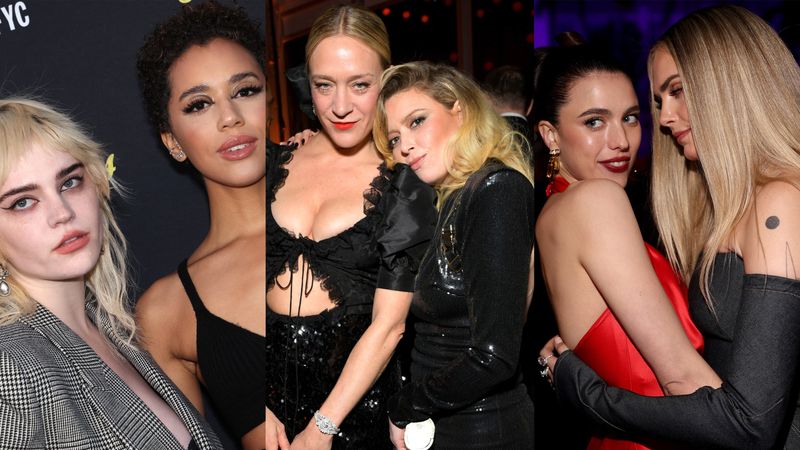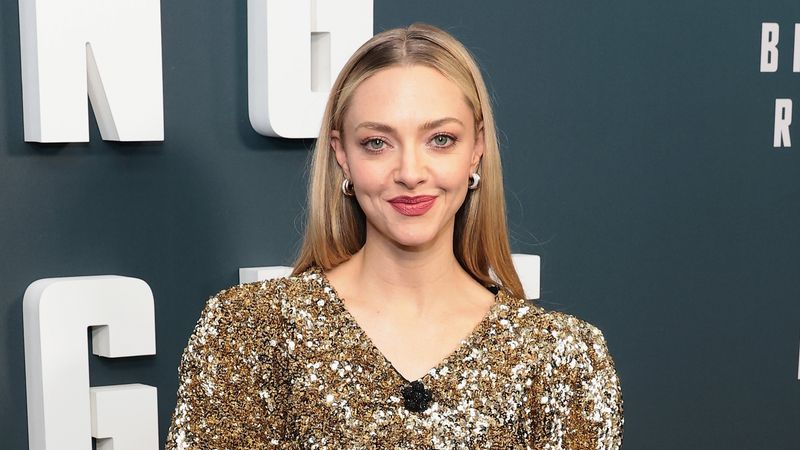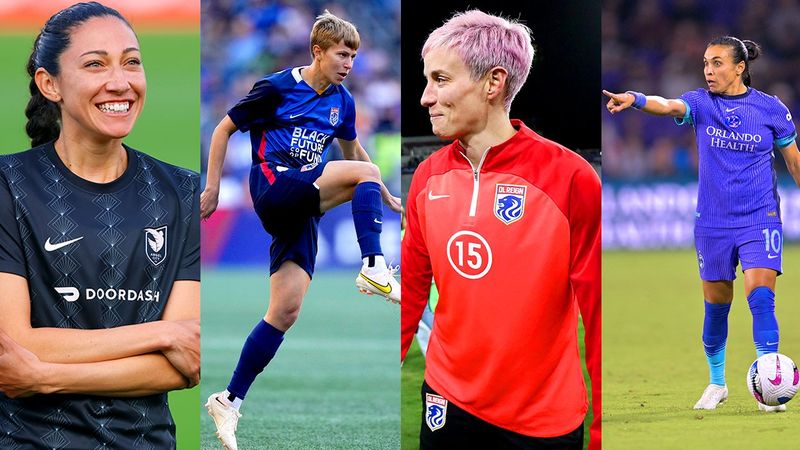Millennials, hipsters, young, white feminist rejoice! Lena Dunham’s wildly successful series Girls returns for it’s third season this weekend. It’s so close you can almost smell the twenty-something angst rolling off your screen.
When Girls premiered on HBO, Metacritic.com reported it was the highest-rated fictional series premiere of 2012. Then Girls won an Emmy in 2012 for Outstanding Casting in a Comedy Series and went on to land Golden Globe wins for Best Television Series (Comedy or Musical), and Dunham for Best Actress in a TV Series. No doubt, since it’s start, Girls has been a force to be reckoned with. And just about every one of my friends tunes in to watch the series without fail.
But it’s not all awesome-possum for Girls. After loving fans and loyal critics got over the brilliantly crafted writing style, fresh perspective, and edgy subject matter, they looked to the lack of minority representation. Seriously, the social lens of Girls is so small you rarely even see minorities in the background, be that Asian, black, Hispanic, gay, lesbian, queer, or anything other than heterosexual, white, cis men and women. I’ll give that Girls one representation of a gay man — though extremely flat and stereotypical — technically counts. But I digress…
On NPR, Dunham woefully responded to the criticism, saying, “I take that criticism very seriously… As much as I can say [writing four white main characters] was an accident, it was only later as the criticism came out, I thought, ‘I hear this and I want to respond to it.”
Dunham spoke to NPR in May of 2012, in the middle of the first season. So that must mean her response was the weak sauce premiere of the second season, in which Donald Glover a.k.a Childish Gambino made a quick cameo as her black boyfriend. That’s right, Glover played Lena’s boyfriend who broke up with her by the end of the episode, and was never mentioned again. To that I say, “fail.”
But why were people so pissed? I mean, Sex and the City, a show Girls is often compared to, had very few people of color. Well, they’re pissed because the creator of Girls is a self-proclaimed feminist who is supposed to be all for progressive thinking and equality. Because rather we should or not, we see Girls as a show representing a huge chunk of Generation Y. It is supposed to be the narrative all of us Millennials relate to — or so the media says.
Dunham, thus far, has been a passive artist, and while there is nothing wrong with having a niche career, it’s not all right for Dunham. This is because no one sees Lena Dunham as a passive artist. She has been called the voice of our generation, a strong female writer that represents young women and other Millennials. But to say she represents our generation is to assume a white, privileged female, hipster narrative on all Generation Y’ers, That one type of person is presumed to represent anyone under age 40, and it dominates her career so far, going back to her indie film Tiny Furniture.
During the creation of Girls, Dunham never even considered what critical response to her and the show might be. Here’s what she said about critics calling her “the voice of our generation,” when prompted about an episode when her character Hannah gets high on opium:
“I don’t think I ever imagined that it would haunt me the way it is,” Dunham said in a recent interview. ”The character was on opium! I think the ‘voice of a generation’ concept was lost with beatnik literature. Because of globalization and increasing populations, my generation kind of consists of so many different voices that need so many different kinds of attention. But if my writing can show what it’s like to be young, I’m happy.”
Dunham was never trying to be the voice of her generation. Her goal was not to speak for us all, but to share her own, limited, yet interesting, perspective. Instead, we — the media and critics — bestowed a responsibility on Dunham. I understand that. But as a modern, feminist voice in our media, I believe it is a responsibility Dunham must take on.
Not to say that one little TV show can change the world, but one little TV show can change how we see the world. For example, Star Trek may seem like some nerdy, inter-galactic, super-show with no real impact on society, on the surface. But the show’s inclusion of a number of strong female leads, and characters of color, coupled with it’s undeniable success and popularity as a series, helped to shift how society saw minorities in media. It changed how we cast television shows and it opened doors for future minorities to not have to be so trapped in limited, stereotypical roles.
So much of what we see in the media are mindless fillers for overworked people that really just want let their brains rest by not having to think about what the Kardashians will do next, or which Beverly Hills Housewife will get into a brawl. It’s not often we come across a television show that is not just extremely popular, but also intelligent. I’m not asking for Dunham to completely change her style, or even change the show all that much. I simply ask that when creating one of her brilliant episodes she recognize her voice as a powerful reflection of modern feminism and make of that what she will.
I hope that rather than the land of Girls existing as a white-washed world unaware of real issues dealt with by people less privileged, the show would recognize it’s privilege and add a tone of self awareness similar to it’s often-compared TV relative, Louie. Whether Girls likes it or not, it is influencing our society with it’s lack of representation of minorities. Visibility is powerful. TV shows have been proven to influence — and hopefully broaden — viewers’ perception of people different from themselves. And with the news that Girls’ first black, female main character will be joining the cast (Danielle Brooks from Orange is the New Black!), things are already looking up.
Admittedly, I’ve been known to get my hate on when it comes Girls, but I stand by the belief that a well written show, no matter it’s subject matter, is worth watching. Intelligent shows boost discussion and promote critical thinking, and I’m all for that. So you go Ms. Dunham! I’ll definitely be watching, along with millions of others, to watch Hannah and her friends act a fool.
Follow Jas Joyner's blog.




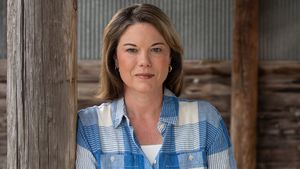


















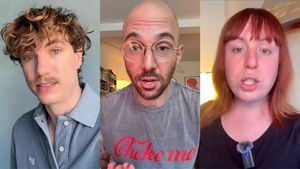


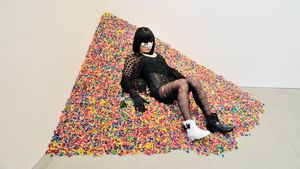











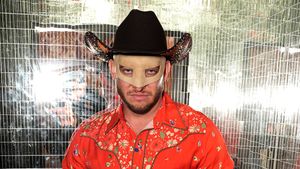



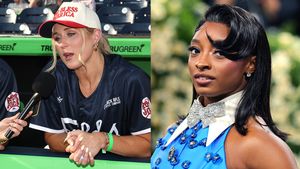






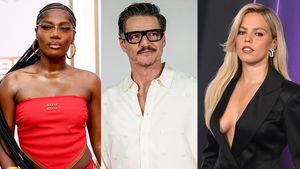







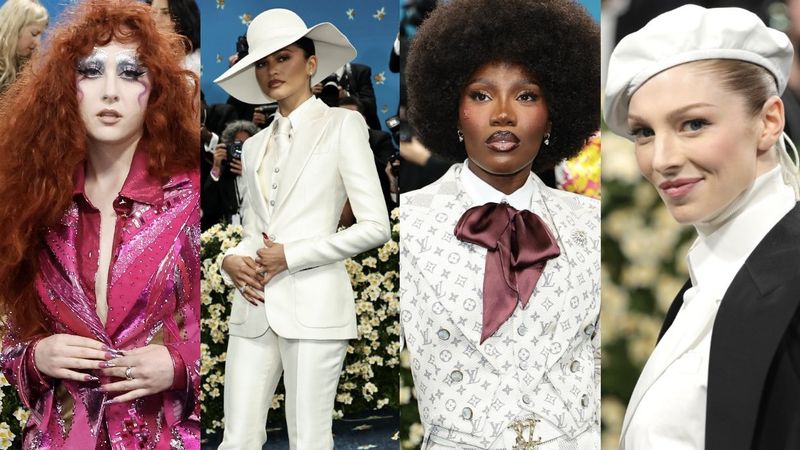



































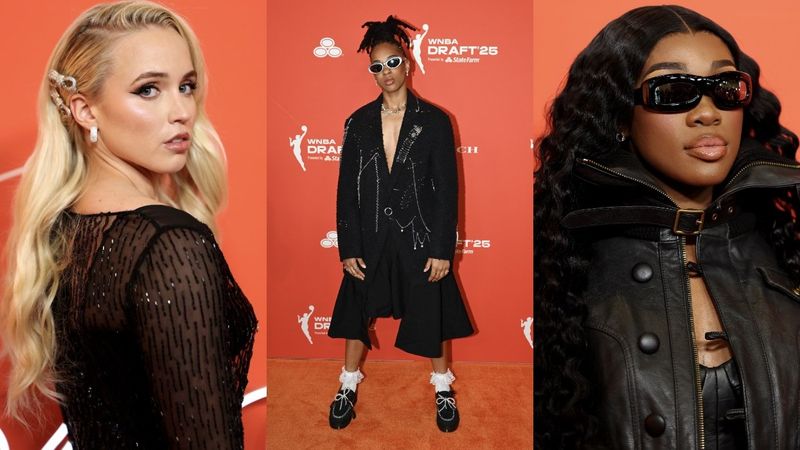
 Cindy Ord/Getty Images
Cindy Ord/Getty Images










